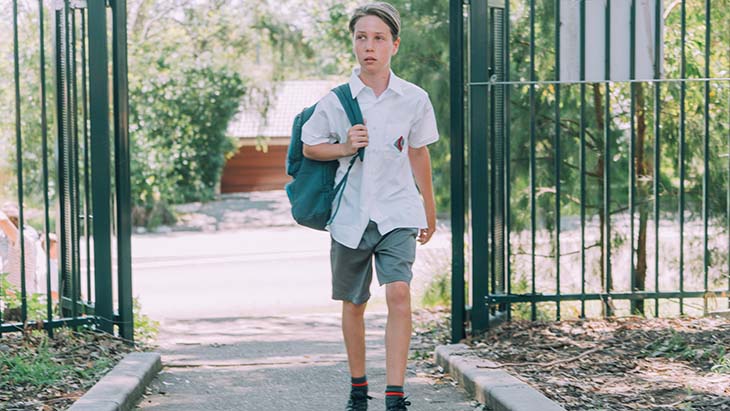Curriculum considerations for intellectual disability
Creative arts
Drama and music classes let students participate with others in an environment that isn’t as dependent on academic skills.
Consider providing lots of small group activities. Choosing who will be in each group prevents a student with an intellectual disability from being left out or picked last.
English
Students with an intellectual disability may find literacy skills challenging. They may need one-to-one help using mnemonics (memory strategies) and flash cards, as well as lots of time to practise.
Students with an intellectual disability can think about books (tailored for their reading level) on a deeper level with help from a teacher, Student Learning Support Officer (SLSO), Aboriginal SLSO, or Aboriginal Education Officer (AEO).
Ask students questions about the book to get them thinking. Teach them to summarise the story or guess what might happen next.
Mathematics
Students with an intellectual disability may experience delays with numeracy. Immediate effective feedback and correction can help, as can lots of time to practise.
Consider using time delay programs or approaches. These are questions or problems that have a set amount of time for the student to answer. When the time is up, the correct answer is given.
Consider providing clear and exact instructions in different strategies or methods for solving problems.
Consider pairing a student with an intellectual disability with a peer who can demonstrate mathematics skills and give instructions or help.
Languages
Students with an intellectual disability may need support with learning a new language. Assess whether learning a language will be advantageous to them on a case-by-case basis.
If they learn a language, focus on areas of strength and build from there. They may need one-to-one help and instructions or information to be repeated lots of times.
Personal development, health and physical education
Students with an intellectual disability may need simple instructions, demonstrations and prompts to learn new skills in these classes. Demonstrations and prompts may need to be repeated lots of times.
Skills may need to be broken down into smaller steps. Some students may need physical help with learning new tasks
Consider using pair or small group activities. Choosing who will be in each group prevents students with intellectual disability from being left out or picked last.
Some students may find changing in and out of their sports uniform at school difficult. Consider letting a student with an intellectual disability come to school in their sports uniform or give them extra time for changing.
Human society and its environment
Students with an intellectual disability may benefit from additional support, including one-to-one help, and instructions or information repeated many times.
Science
Students with an intellectual disability may benefit from one-to-one help, and instructions or information repeated lots of times.
Technologies
Students with an intellectual disability may benefit from one-to-one help, and instructions or information repeated lots of times.
